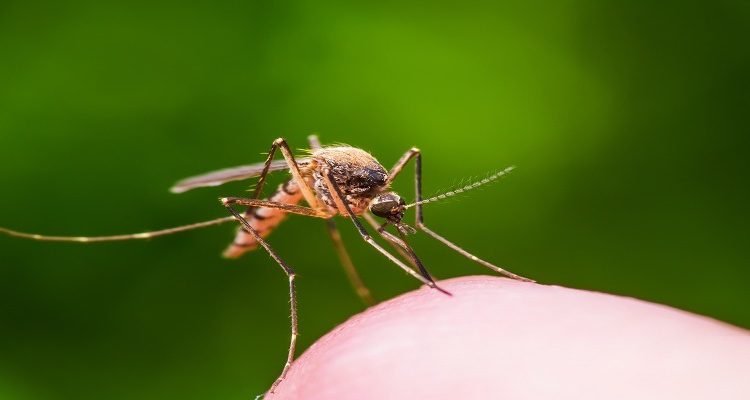The alliance will prioritise, plan, conduct, scale up, translate relevant research in a coordinated and combinatorial way to have a tangible impact on population at risk for malaria
ICMR launched Malaria Elimination Research Alliance (MERA)- India and organised the stakeholders’ meeting at ICMR headquarters, New Delhi to have vibrant discussions on the roadmap of the alliance. National and international leaders of malaria research, officials from Government of India, NGOs participated in the day-long meeting.
Indian Council of Medical Research has established ‘Malaria Elimination Research Alliance-India (MERA-India)’ which is a conglomeration of partners working on malaria control. The principal activity of the alliance is to prioritise, plan, conduct, scale up and translate relevant research in a coordinated and combinatorial way in order to have a tangible impact of this research on the population at risk for malaria.
Over the past two decades, India has made impressive progress in malaria control. The malaria burden has declined by over 80 per cent (2.03 million cases in 2000 to 0.39 million in 2018) and malaria deaths by over 90 per cent (932 deaths in 2000 to 85 in 2018). This success has provided a strong foundation for the commitment from the leadership of the GoI to eliminate malaria in India by 2030. The National Vector Borne Diseases Control Programme (NVBDCP) of India has developed a comprehensive framework to achieve the overarching vision of “Malaria free India by 2030”. The NVBDCP’s national strategic plan clearly recognises the critical role of research to support and guide malaria elimination efforts.
This situation highlights the need for a common platform and shared research agenda and resources through establishment of the Malaria Elimination Research Alliance (MERA) India. MERA India does not intend to duplicate international efforts rather complement this on a national scale while contributing to the broader global agenda.
The purpose of MERA India is to identify, articulate, prioritise and respond to the research needs of the country to eliminate malaria from India by 2030. MERA India will facilitate trans-institutional coordination and collaboration around a shared research agenda which responds to not only to programmatic challenges and addresses gaps in available tools but also proactively contribute to targeted research. MERA India aims to harness and reinforce research in coordinated and combinatorial ways in order to achieve tangible impact on malaria elimination.
On the occasion Preeti Sudan, Secretary, Ministry of Health and Family Welfare, GoI stated that MERA India alliance is very important to Ministry of Health and Family Welfare because of the operational research. WHO report has appreciated our research for decline in malaria and it is time to ensure its elimination by 2030, she added. Sudan also focussed on the need to inform the people about malaria protective measures via media in the form of small video clips.
Dr Neena Valecha, Regional Adviser, WHO-SEARO, spoke on the need of support from the government. She mentioned about the need of coordinated approach, research inputs and tools which can guide national programme to develop strategies for the regular changes endemicity in the near malaria elimination era.
Lt Gen. Bipin Puri, DG, AFMS, said that armed forces implemented IRS that reduced malaria cases in 1996 from 12.6/1000 to 1.10/1000 nowadays. He also discussed about the measures taken in North-east for malaria control in armed forces such as early diagnosis, treatment and chemoprophylaxis (mefloquine), regular practice of sundown sleeve down approach, setting an entomology wing in AFMC, coordination between public health, hospitals and administration.
Dr Sundeep Sarin, Adviser, DBT, said that DBT has initiated the programme and sponsored the vaccine project on malaria.
Professor Balram Bhargava, Secretary DHR and DG ICMR mentioned the importance of malaria elimination, need of commitment for cutting edge research and to stick with the time line. Our focus should be on the challenges with parasite and vector biology, social science communication and health economics, he added. Dr Neeraj Dhingra, Director, NVBDCP, Dr RR Gangakhedkar, Head ECD, ICMR, Dr Manju Rahi, Scientist at ICMR, Dr Anup Anvikar, Scientist at ICMR-National Institute of Malaria Research also discussed about the various aspects of malaria elimination research alliance.



